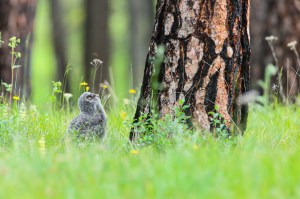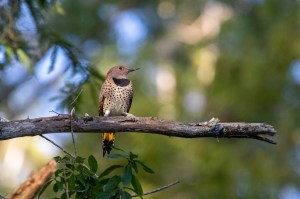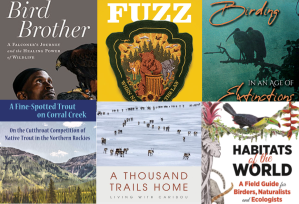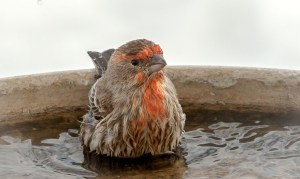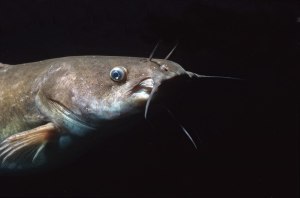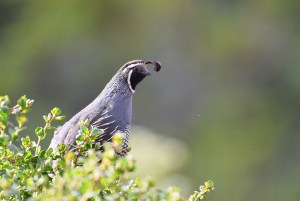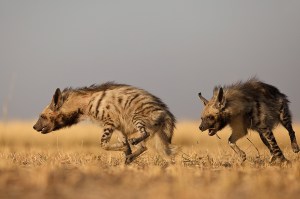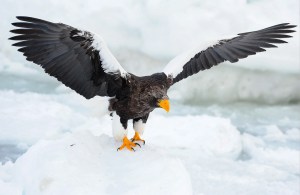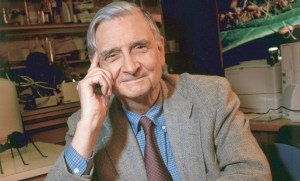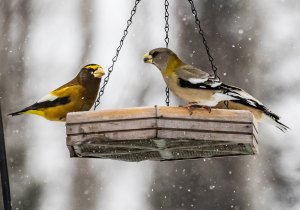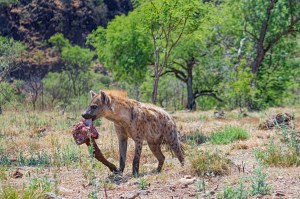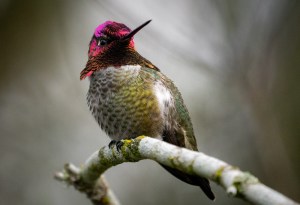Discover stories in Biodiversity
The Mysteries of the Ponderosa Pine
Take a look at the ponderosa pine and the many creatures that rely on it.
Why Do Flickers Knock on Your House?
Knock and roll: Get to know the northern flicker.
Cool Green Winter Book Review 2022
Healing through falconry, a field guide to habitats, cutthroat trout, caribou and more in the latest book review.
Should You Provide Water for Birds in Winter?
Many provide birds food in winter. What about water?
Big Gulp: Blue Catfish Eats Wood Duck
Blue catfish will eat just about anything. Including a duck.
Conservation-Friendly Farming Can Benefit Both Birds and Crops
Is farming in harmony with conservation efforts increasing the benefits or risks from birds?
Did You Know There Are Four Hyena Species?
Meet the hyenas you don’t know: cool creatures often unfairly persecuted.
An Asian Sea Eagle Is Roaming New England
A Steller's sea eagle has turned up in New England. Learn more about this bird's remarkable and unexpected journey.
Edward O. Wilson, Science Communicator
Remembering Edward O. Wilson, one of our best science communicators.
See Something Weird at the Bird Feeder? It’s Not Just You
Did you just see a weird bird at the feeder? You’re not alone.
How Hyenas Sanitize The City
In an Ethiopian city, spotted hyenas provide the garbage disposal.
Why You’re Seeing Hummingbirds in Winter
You’re not seeing things. Hummingbirds are showing up at more feeders in winter.
